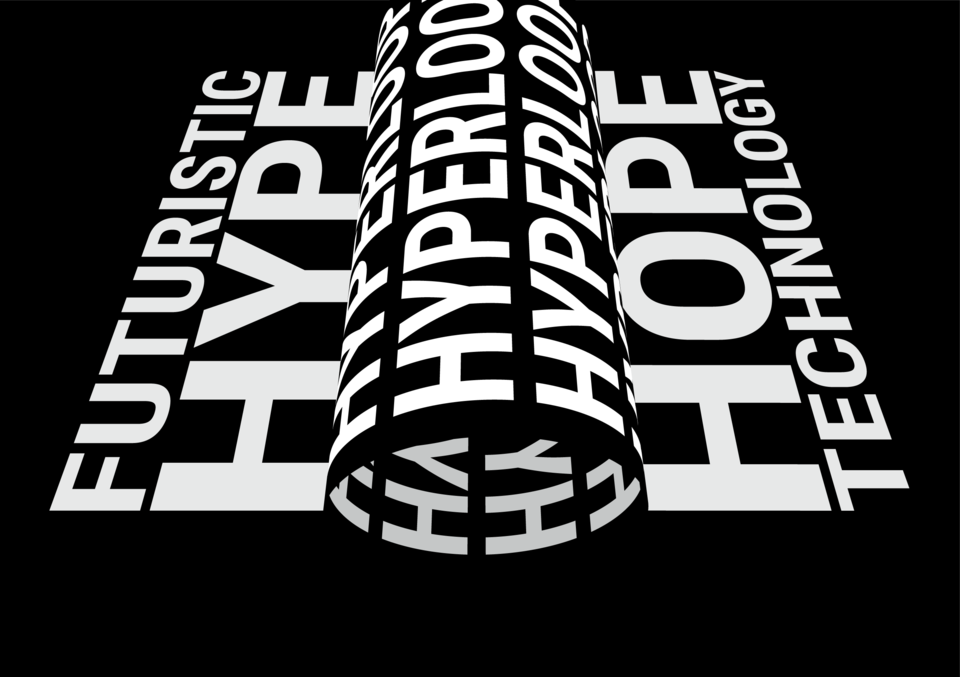GovTech over BigTech
A new model for government technology development
GovTech, the co-development of government technology by public and private parties, is on the rise. GovTech can better safeguard public values and make governments less dependent on tech giants such as Amazon, Google and Microsoft. In the Digicampus partnership, co-founded by TU Delft, prototypes of GovTech technology are being developed, including a successor to DigiD.
By Bennie Mols

Whether in healthcare, public services or energy transition, many organizations face the same problems, such as staff shortages, bureaucracy and complexity. All of these problems have similar digitalization puzzles: How can automation combat staff shortages? How can data exchange between different sectors reduce bureaucracy? How can digitalization help reduce complexity?
“One problem, however, is that the technology that can be used for this purpose is developed by companies for consumers or for other companies, and not primarily for the government”, says Marijn Janssen, professor of ICT and Governance at TUD. “The government must also include public values such as fairness and equality, while these are of much less importance to a company striving to maximize profits. Some companies use consumers to experiment on how their product does or does not work well. The government can't do that.”
Digicampus
For years, when the government wanted to deploy technology for service delivery, it issued a tender to which companies could bid. The winner of the tender went on to develop the technology, but then the government was stuck with that one vendor.
To encourage a more collaborative and public value-oriented way of technology development for government, Digicampus, an innovation collaboration between government, business and science, was established in 2019. Digicampus is located in the building of The Hague Tech in The Hague and has several partners, including Logius (see box), TU Delft, government organization ICTU, Association of Dutch Municipalities, Ministry of the Interior and Kingdom Relations, Province of South Holland and NLdigital, representing the business community. The ecosystem around Digicampus has more than 20 partners nationally and in the EU designing future GovTech solutions.
“The government must also include public values such as fairness and equality, while these are of much less importance to a company striving to maximize profits”
Nitesh Bharosa is academic director of Digicampus and professor of GovTech & Innovation at TU Delft. He explains that the Dutch government faces three major missions in terms of digitalization and that Digicampus is betting on all three: “First, the government wants to give citizens more control over their data and digital identity. Second, the government wants to simplify public services, which are often too complex. And third, the government wants to make it easier to responsibly exchange data between different organizations and sectors.”
Bharosa sees Digicampus as a collective tool to shape the government’s digital transformation without making the government dependent on one market party, one ministry or one implementing agency. “Digicampus fits the Dutch culture of poldering, consulting with each other, trying out and learning, but in the digital domain,” says Bharosa. “Within Digicampus, we not only build prototypes of new technology, but also an agreement system around it, for example, agreements on the standards that technology must meet and what supervision should look like. So it’s about socio-technical solutions – technical solutions embedded in the social domain.”
GovTech
Bharosa is the world’s first professor of GovTech, a relatively new term first mentioned in EU policy and legislation since this year. This is because Europe realizes that it has become too dependent on BigTech companies for digital technology such as cloud services, social media platforms, and also the new generative AI applications. Often they are American companies, such as Amazon, Apple, Facebook, Google and Microsoft, but sometimes Chinese, think Huawei, Tencent and ByteDance (owner of TikTok). With laws and regulations such as the Digital Services Act and the AI Act, the EU does try to curb the power of BigTech, but that is steering after the fact, when the technology is already long and widely developed and even used.
Under the term GovTech, Europe is now trying to create its own alternatives to BigTech solutions so that it can operate strategically autonomously in the future. “You want to design and develop technology much more proactively with government”, Bharosa says. “At its core, GovTech is about...
Curious about the rest of this article and other upcoming stories? The newest edition of the Pioneering Tech magazine will debut in November. This is a preview of the cover story. Pre-order the magazine here.

![[Translate to English:] [Translate to English:]](https://filelist.tudelft.nl/_processed_/1/b/csm_Breda%20-%20151%20of%20154_scaled_74fd0bc3b8.jpg)




